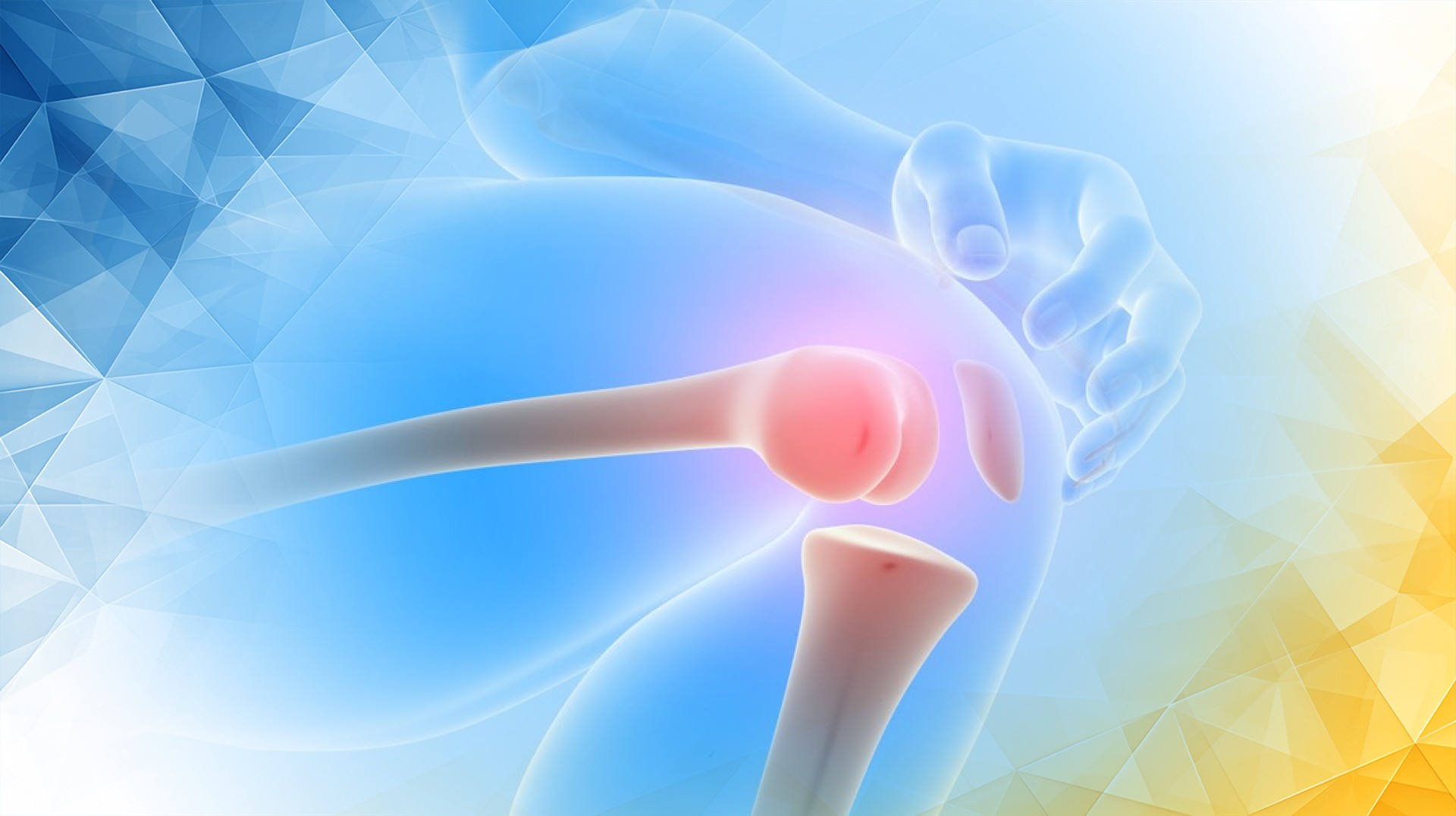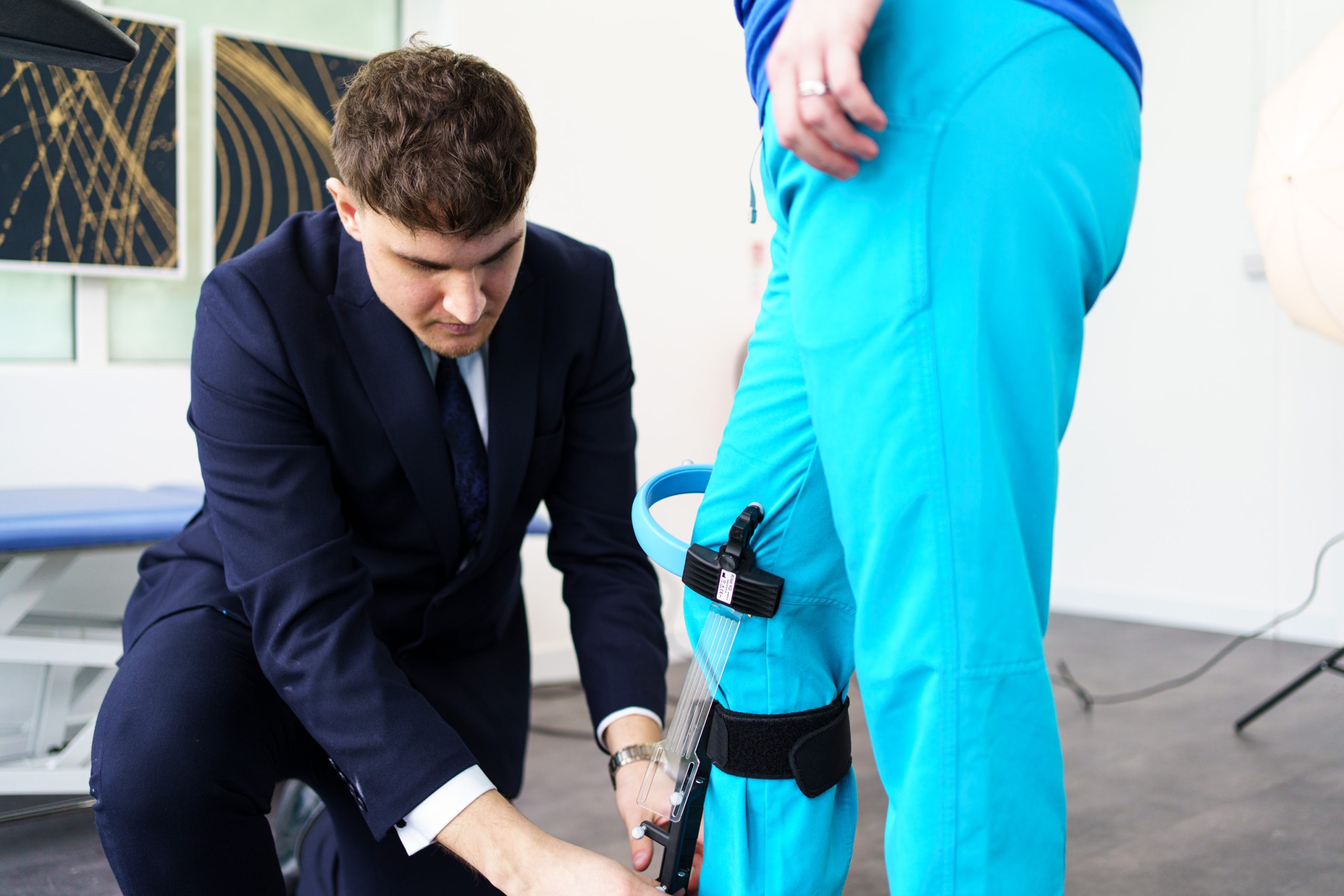



Knee cap dislocation, or patellar dislocation, occurs when the kneecap moves out of its normal position, typically to the outer side of the knee. It’s commonly caused by trauma, sudden movements, or structural abnormalities. Symptoms include pain, swelling, and a visible displacement of the kneecap. Treatment varies from non-surgical methods like bracing and physiotherapy to surgical interventions in severe or recurrent cases. Understanding the risk factors and engaging in preventive practices like muscle strengthening exercises are crucial for reducing the likelihood of this injury.
This comprehensive guide delves into Soft Tissue Augmented Regenerative Repair (STARR) – MPFL (Medial Patellofemoral Ligament) Repair, a surgical procedure designed to correct the alignment and prevent future dislocations. Additionally, we discuss the importance of cartilage repair techniques in treating patella cartilage damage, which often accompanies dislocations.
The STARR – MPFL Repair technique is a pivotal surgical approach to address recurrent knee cap dislocations. It involves reconstructing or tightening the MPFL to stabilize the kneecap, thereby preventing further dislocation. This procedure is particularly beneficial for individuals with a history of dislocations or anatomical predispositions to this injury.
Patella cartilage damage is a common consequence of knee cap dislocations. Our clinic specializes in cutting-edge cartilage repair methods, ensuring the restoration of smooth knee movement and reducing the risk of osteoarthritis development. These treatments range from minimally invasive techniques to more extensive surgical interventions, depending on the severity of the damage.
STARR – MPFL Repair is typically recommended for patients with recurrent knee cap dislocations or those with specific anatomical factors leading to instability.
Recovery involves a period of immobilization, followed by physical therapy. The duration and intensity of rehabilitation vary depending on the procedure’s extent and the individual’s specific needs.
Symptoms of a dislocated knee cap include severe pain, visible deformation, and inability to straighten the knee.
Seek immediate medical attention. Initial self-care includes the RICE method: Rest, Ice, Compression, and Elevation.
All our treatments are selected to help patients achieve the best possible outcomes and return to the quality of life they deserve. Get in touch if you have any questions.
At London Cartilage Clinic, we are constantly staying up-to-date on the latest treatment options for knee injuries and ongoing knee health issues. As a result, our patients have access to the best equipment, techniques, and expertise in the field, whether it’s for cartilage repair, regeneration, or replacement.
For the best in patient care and cartilage knowledge, contact London Cartilage Clinic today.
At London Cartilage Clinic, our team has spent years gaining an in-depth understanding of human biology and the skills necessary to provide a wide range of cartilage treatments. It’s our mission to administer comprehensive care through innovative solutions targeted at key areas, including cartilage injuries. During an initial consultation, one of our medical professionals will establish which path forward is best for you.
Contact us if you have any questions about the various treatment methods on offer.
Legal & Medical Disclaimer
This article is written by an independent contributor and reflects their own views and experience, not necessarily those of londoncartilage.com. It is provided for general information and education only and does not constitute medical advice, diagnosis, or treatment.
Always seek personalised advice from a qualified healthcare professional before making decisions about your health. londoncartilage.com accepts no responsibility for errors, omissions, third-party content, or any loss, damage, or injury arising from reliance on this material. If you believe this article contains inaccurate or infringing content, please contact us at [email protected].